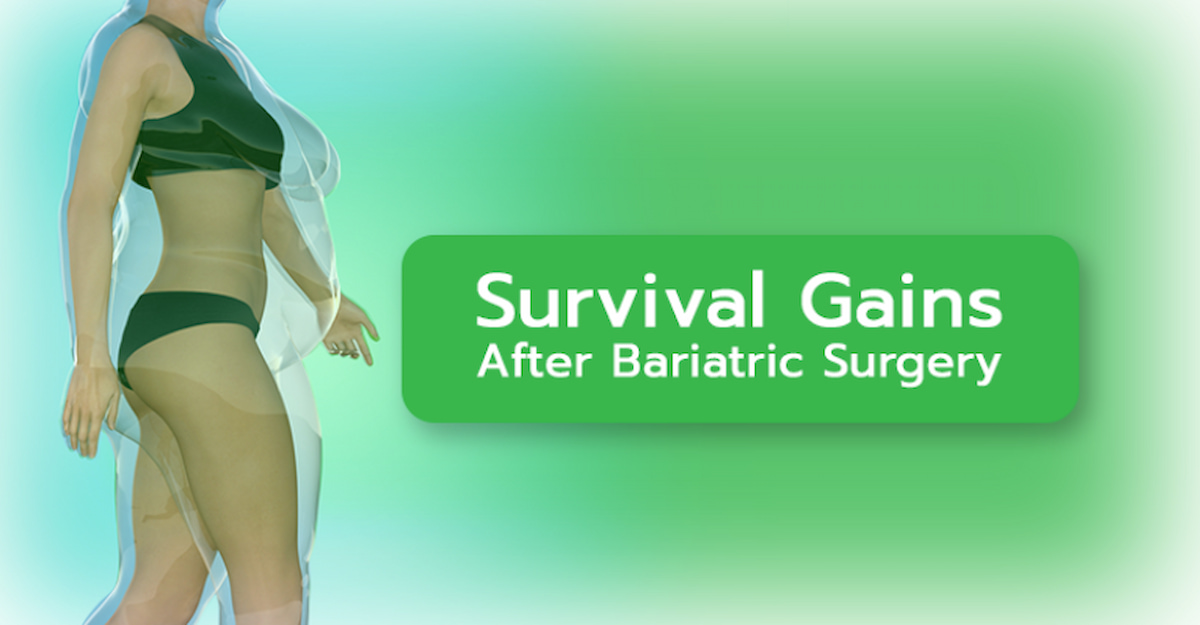The Skinny on Weight Loss Medications Diet and exercise can only take some people so far: many of our patients...
According to Psychology Today, poor eating and other bad habits operate mindlessly, “on autopilot.” Mindless eating — or not being aware of what or how much you are eating — can be incredibly harmful to your weight loss journey.
Mindless eating is typically triggered by context, like being in a certain setting or experiencing a particular feeling (e.g., stress, happiness). We eat a slab of cake at a birthday party not because we are hungry or like the taste, but out of habit. Or, we raid the pantry and sit in front of the television after dinner because that’s part of the evening routine. When we eat mindlessly, we’re not connecting to the experience of eating and enjoying food. We are prone to making bad dietary decisions and sabotaging our weight loss goals.
Why Mindless Eating Is Dangerous
A study from a few years ago made an interesting discovery. A research team invited a group of people to watch movie previews in a theater, and asked the group how often they ate popcorn at the movies. Some members of the test group said they regularly ate popcorn while others said they rarely ate it. The researchers gave the test subjects free bags of popcorn. The popcorn was randomly doled out; some of it was fresh, and some of it was stale. The research group then measured how much popcorn each person ate.
The group of people that said they did not usually eat popcorn at the movies ate significantly more fresh popcorn than stale popcorn. Here’s where the study gets interesting: The habitual popcorn eaters — people who always ordered popcorn at the movies — ate the same amount of fresh and stale popcorn.
This study is a great illustration of how illogical mindless eating is. Non-regular popcorn eaters enjoyed the fresh popcorn because they were motivated by its taste. Regular popcorn eaters were willing to eat week-old, stale popcorn not because it tasted good, but out of habit. To them, the context of being at the movies and automatically ordering a bag of popcorn superseded the quality of the food they were eating.
If you’ve struggled with mindless eating and believe it is keeping you from achieving your weight loss goals, there are ways to overcome this behavior. Mindful or intuitive eating focuses on physical cues, such as how hungry we are, and how satiated we feel. Being more in-tune with how we eat can prevent overeating and eventually influence what we want to eat.
Try these tips to practice mindful eating:
Consider the Context
Take a good look at your eating patterns. Do you regularly snack on chips or cookies in front of the television after dinner? If so, switch up your after-dinner routine to change the context. Try reading a book or browsing the Internet, or simply spending time with family or friends. These activities are less likely to trigger mindless eating.
Sit and Slow Down
Eating while standing up makes it very difficult for your body to know when you’ve eaten enough. Studies have shown that people who eat while standing over the kitchen counter eat more calories than those who sit down at the table to eat. This has to do with the brain registering that a sit-down meal is a “real meal” and thus preventing overeating later in the day.
Also, take the time to chew slowly. When you eat slowly, you might discover flavors that you otherwise would have missed. You will also digest your food easier and notice when you feel full. As soon as you feel full, stop eating. It’s OK not to clean your plate. You can save the rest of your meal for the next day’s lunch or snack!
Eliminate Excess Noise
Electronic noise is a great distraction that throws off mindful eating. With the blare of the television, or the chirp of an iPhone, it’s easier to miss your body’s fullness cues or eat larger portions. Institute a quiet or silent mealtime habit to help you focus on what you are eating and not eat past the point of fullness.
Connect with Your Food
It may sound silly, but a Huffington Post article recommends trying to cultivate a relationship with the food you’re eating. Think about where it came from, who grew it and how it ultimately arrived on your plate. The article also recommends taking a more active role in how your food is produced and prepared: visit a farmer’s market to stock up on fresh produce, or start a vegetable garden in your backyard.
Learn More about TLC’s Nutrition Program
Do you need extra support or resources to help you make smart dietary decisions? At Texas Laparoscopic Consultants, we offer a helpful nutrition program. We have two registered dieticians on-staff and we hold post-operative nutrition classes for our patients. If you’d like more information about our nutrition program, please call us at (713) 264-8024 or send us an email today.












